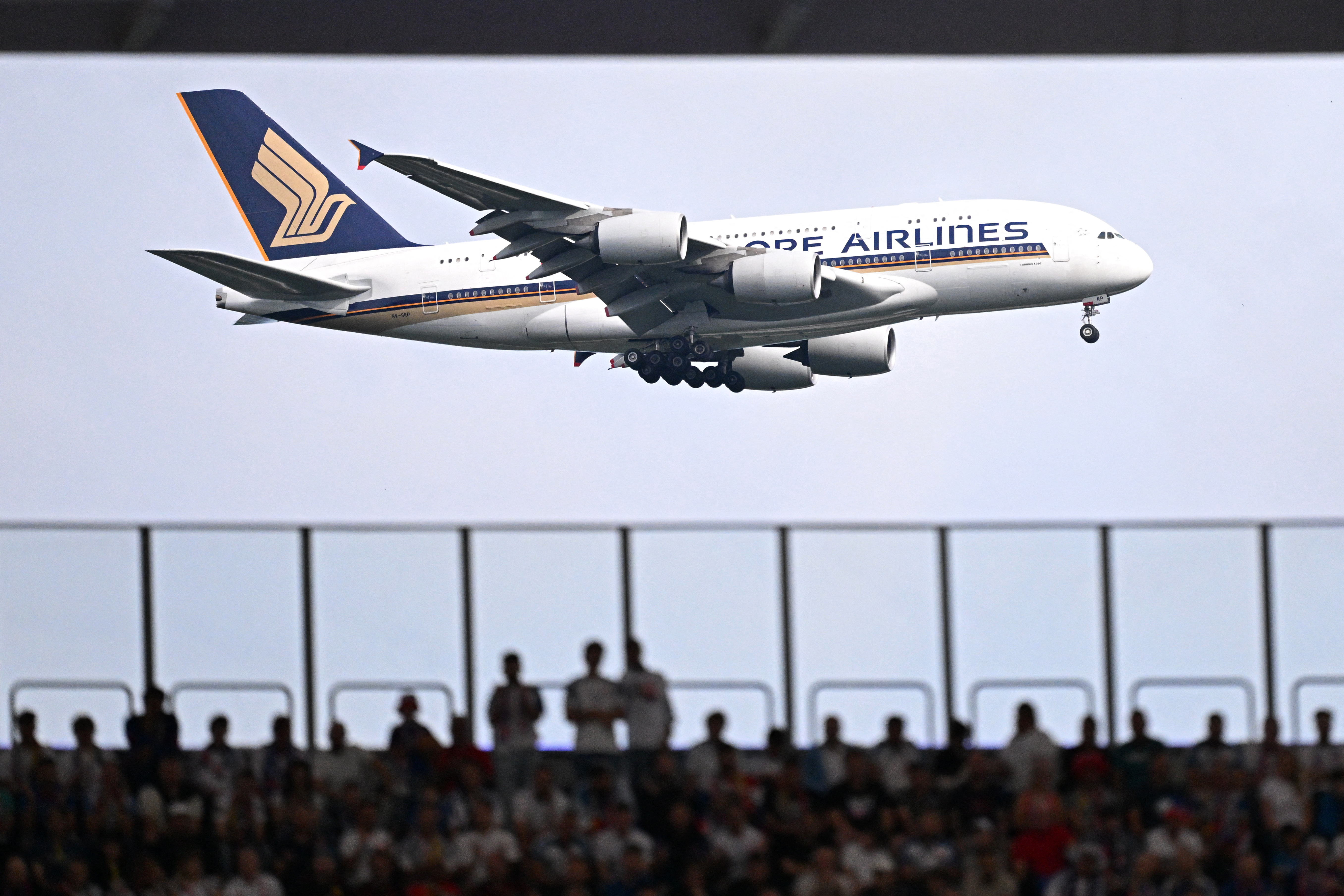
Singapore Airlines Ltd warned tariff and trade tensions on top of broader economic and geopolitical uncertainties could hurt demand for passenger and cargo flights.
The city-state flag carrier’s cautious outlook emerged despite full-year profit beating estimates and revenue rising to a record as strong travel demand countered intensifying pressure from competitors and geopolitical headwinds.
“The global airline industry faces a challenging operating environment,” the airline said in a statement. The growing challenges “may impact consumer and business confidence, potentially affecting both passenger and cargo markets,” adding it remained vigilant to adapt to changing market conditions.
Net income rose 3.9 percent to S$2.78 billion ($2.1 billion) in the year ended March 31, higher than analyst estimates for S$2.4 billion. Revenue edged 2.8 percent higher to a record S$19.5 billion, topping expectations for S$19.3 billion.
Singapore Air’s muted final quarter underscores the uncertainty hanging over the carrier for the year ahead. While the airline had been confident about robust travel demand, US President Donald Trump’s ever-changing tariff policies have hurt consumer sentiment and upended global trade flows.
Speaking at a post-results briefing Friday, Singapore Air’s Chief Executive Officer Goh Choon Phong remained confident that the airline remains in a strong financial and commercial position — with S$10 billion in liquidity — to withstand any evolving tariff shocks.
ALSO READ: Q1 international air travel soars to new heights
Nevertheless, Goh said the outlook for passenger demand looked “robust” in the face of tariffs. Chief Commercial Officer Lee Lik Hsin said there hasn’t been any specific impact on travel to the US.
In the face of falling oil prices, Singapore Air confirmed it had also “opportunistically” started hedging some of its fuel as much as five years out, Chief Financial Officer Jo-Ann Tan said.
Passenger Record
The airline’s passenger yield — a key metric of profitability — declined slower than in the previous three years, falling 5.5 percent to 10.3 Singaporean cents per kilometer. Expenses, including fuel costs, rose.
Singapore Air’s caution stopped short of any concrete financial impact. That contrasts with major US carriers like American Airlines Group Inc. and Delta Air Lines Inc, which withdrew their full-year guidance, while United Airlines Holdings Inc. took the unusual step of offering two forecasts factoring in scenarios with and without a tariff impact. Europe’s largest carrier, Deutsche Lufthansa, warned last month it had limited earnings visibility amid the trade tensions.
Singapore Airlines Group, which includes budget unit Scoot, carried a record 39.4 million passengers in the fiscal period. The carrier also has a 25.1 percent stake in Tata Group-run Air India. The city-state’s flag carrier has entered deals to jointly operate flights and coordinate schedules and airfares on routes between Singapore and the likes of Indonesia, Japan, Germany and Malaysia with rival carriers to shore up its competitive defenses.
Net income was boosted by a one-off non-cash gain of S$1.1 billion booked in the third quarter. Stripping out the one-off item, adjusted net income fell 37 percent to S$1.7 billion.


